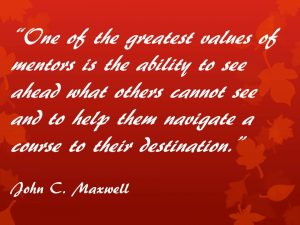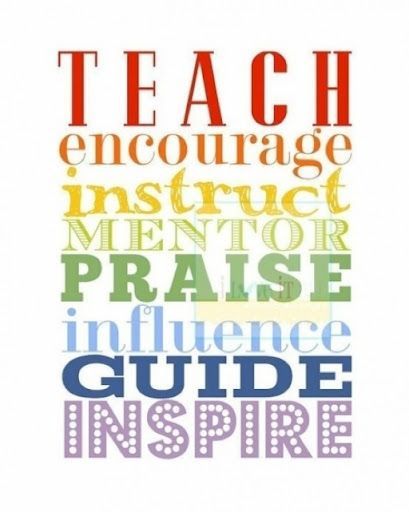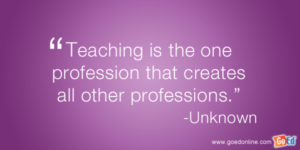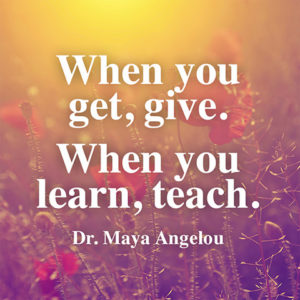Special Archives at Michigan State University’s library purchased my literary papers almost ten years ago and updates The Lev Raphael Papers yearly. Last week someone came by to pick up several boxes from 2018 of drafts, publications, correspondence, notes for workshops I did at conferences and anything else connected to my writing career.
I’m extremely fortunate to have sold my papers because I know writers who haven’t been able to donate their papers to a university they went to. But after my very first publication years ago, I seriously thought about abandoning my dreams of a writer’s life.
I grew up in Manhattan with New York ideas of success. I wanted to be a writer, so I imagined reviews in the New York Times, interviews on local news programs, my book in the windows of all the terrific bookstores on Fifth Avenue like Brentano’s and Rizzoli’s. And of course, it would be published by a prestigious publisher like Scribner’s or Knopf.
My first published story seemed to have opened the door to all that. It won a prize and was subsequently published in Redbook which at the time had 4.5 million readers. I made today’s equivalent of around $7,000, and just as exciting, I received fan mail and queries from agents.
Then five years of drought followed. Not one story I submitted anywhere was accepted. I was rarely encouraged to try again: the rejections were almost always form slips. Even neighbors started to look at me with pity when I’d open up my mailbox in the lobby and I’d discover more than one stamped, self-addressed manilla envelope. Finding an agent didn’t change anything, even though she was famous and had celebrity clients. My first novel didn’t get any better responses than my short stories.
I started thinking about a Plan B. What would I do with my life if I wasn’t going to make it as a writer? I explored two new paths. I interviewed at a rabbinical seminary because I had recently deepened my connection to Judaism. And I considered a career as a therapist since I had been reading dozens of books of psychology, from Jung to Freud to Otto Rank and Karen Horney.
I didn’t get very far with either possibility before the rains came. I story I’d written in a fever overnight was accepted for publication. And then another. And another after that. I was finally finding an audience. Despite my despair, I hadn’t stopped writing and hadn’t stopped reading books that inspired me. I believed that as the son of Holocaust survivors, I had stories to tell, stories people would want to read.
Back then, I had no idea that I’d go on to publish twenty-five books; do major book tours in Germany; present my work in Canada, Israel, France, Scotland, England, and all across the U.S.; have scholars publish articles about me; wind up with my own radio show where I interviewed authors; write in so many different genres; and see one of my books sell over 300,000 copies.
I was just trying to get short stories published, and because I didn’t give up, whole new worlds opened up to me. Tobias Wolff’s words are something all writers and would-be writers need to remember: “We are made to persist. That’s how we find out who we are.”
Lev Raphael teaches creative writing workshops online at writewithoutborders.com



![[cover]](https://www.levraphael.com/images/cover_mygermany_152.jpg)




